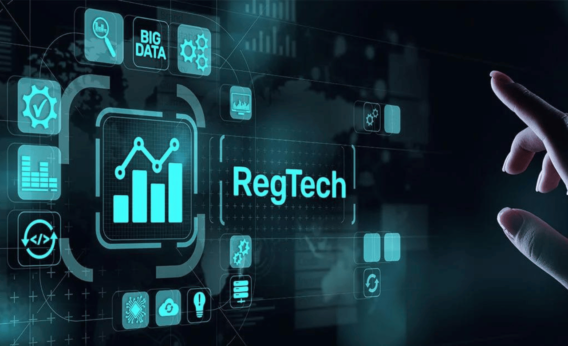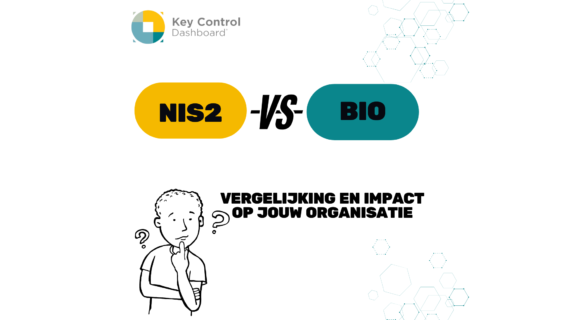Growing attention
Due to the increasing attention for GRC, ISMS, PMS and ESG, companies are increasingly confronted with complex laws and regulations. This creates the need to manage risks and be compliant. In addition, the focus used to be entirely on complying with laws and regulations. Organisations now also want to act more responsibly based on intrinsic motivation. Directors, investors and other stakeholders have high expectations of organisations in the field of sustainability and responsible entrepreneurship.
Increasing complexity
The pressure is increasing. RegTech mainly occurred in highly regulated sectors such as financial services, healthcare and aviation. RegTech now plays a role in almost all sectors. (New) standards such as the Network and Information Security (NIS2) and the European Corporate Sustainability Reporting Directive (CSRD) confirm this. Standards that apply to all kinds of different types of organisations.
This means that managing risks and compliance is becoming a challenge for more and more organisations. While the challenge is also becoming increasingly complex due to new and additional laws and regulations. In addition, the pressure from society to be compliant is increasing. Responsible and sustainable entrepreneurship is a must. And then we haven’t even talked about the high fines that can be imposed by supervisors.
Integrated approach, data-driven decision-making
The growing attention in this area ensures that organizations are taking steps. But is this happening fast enough? The data needed to take steps is often available, but unclear and fragmented throughout an organization. RegTech that facilitates an integrated approach offers organizations the necessary support to meet the complex requirements. By using automated systems, companies can streamline processes, map risks and implement effective control mechanisms to ensure compliance with laws and regulations.
By using RegTech, organizations are enabled to use their data more easily, which enables better decisions to be made. By integrating different systems, organizational units, objectives and processes, organizations gain a complete picture of their performance in the areas of finance, information security and sustainability.
By using RegTech, organizations can collect and analyze data from across the organization, with the aim of obtaining central insights.
Organization-wide responsibility
An integrated approach emphasizes the fact that GRC, ISMS, PMS and ESG are a shared challenge. It is not about specific departments, it is about a shared responsibility across the entire organization. By involving all relevant stakeholders and providing them with the right tools and insights, a culture of compliance and sustainability is promoted for organizations.
Valuable benefits
An integrated approach with RegTech offers valuable benefits for organizations. It enables organizations to comply with the growing complexity of laws and regulations and at the same time proactively manage risks. By using data from across the organization, companies can gain central insights and act data-driven. Moreover, an integrated approach emphasizes the organization-wide responsibility in the areas of finance, information security and sustainability.
By investing in advanced RegTech, organizations position themselves as ethical and responsible players in their respective sectors and contribute to a financially, digitally and sustainably resilient world.
The question remains; is RegTech a hype or a necessity? In my opinion, the latter.
Jochem Snijders



















